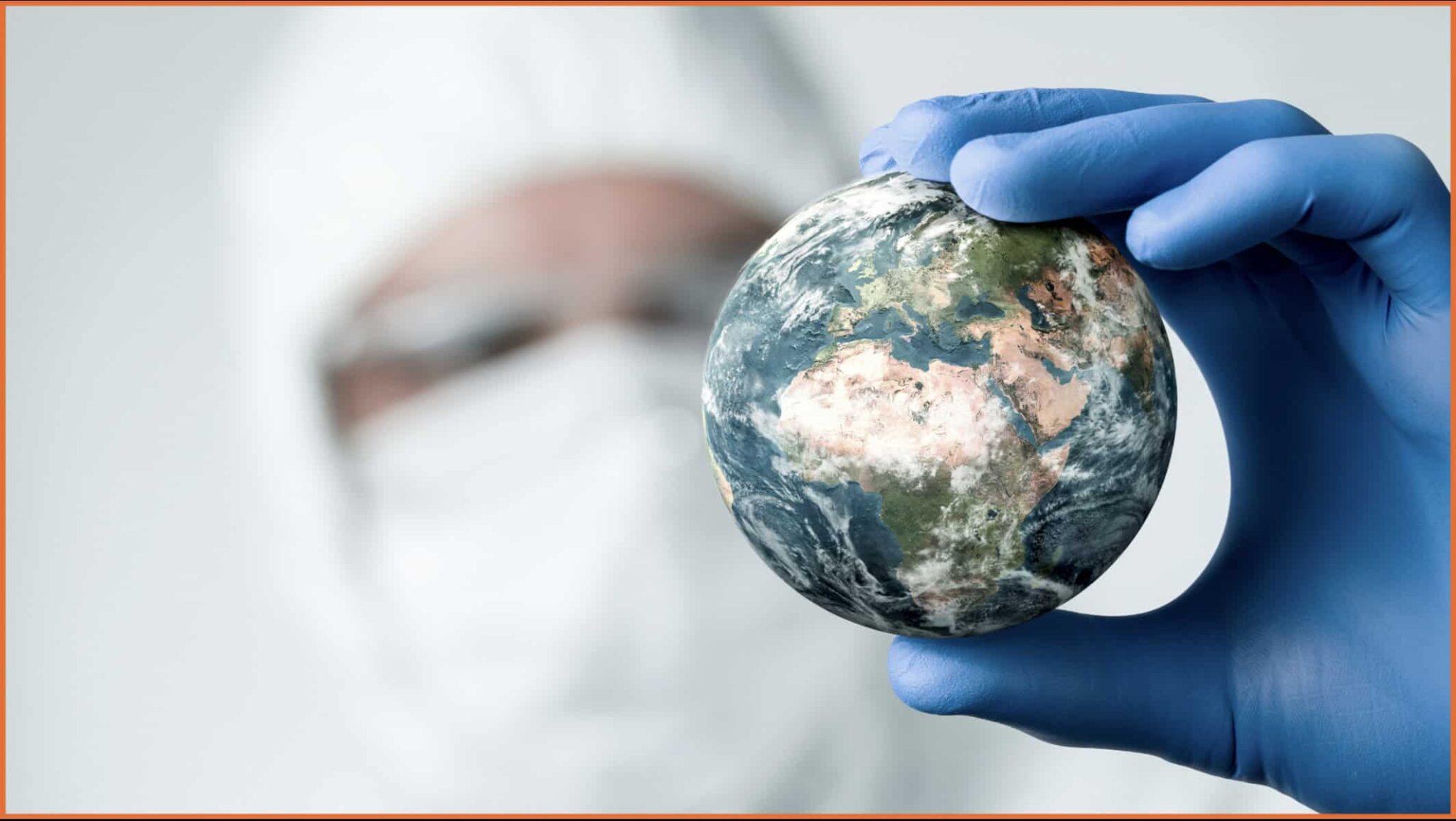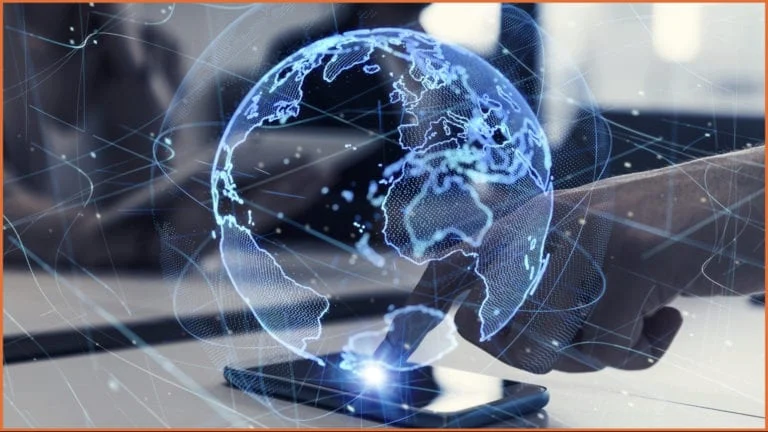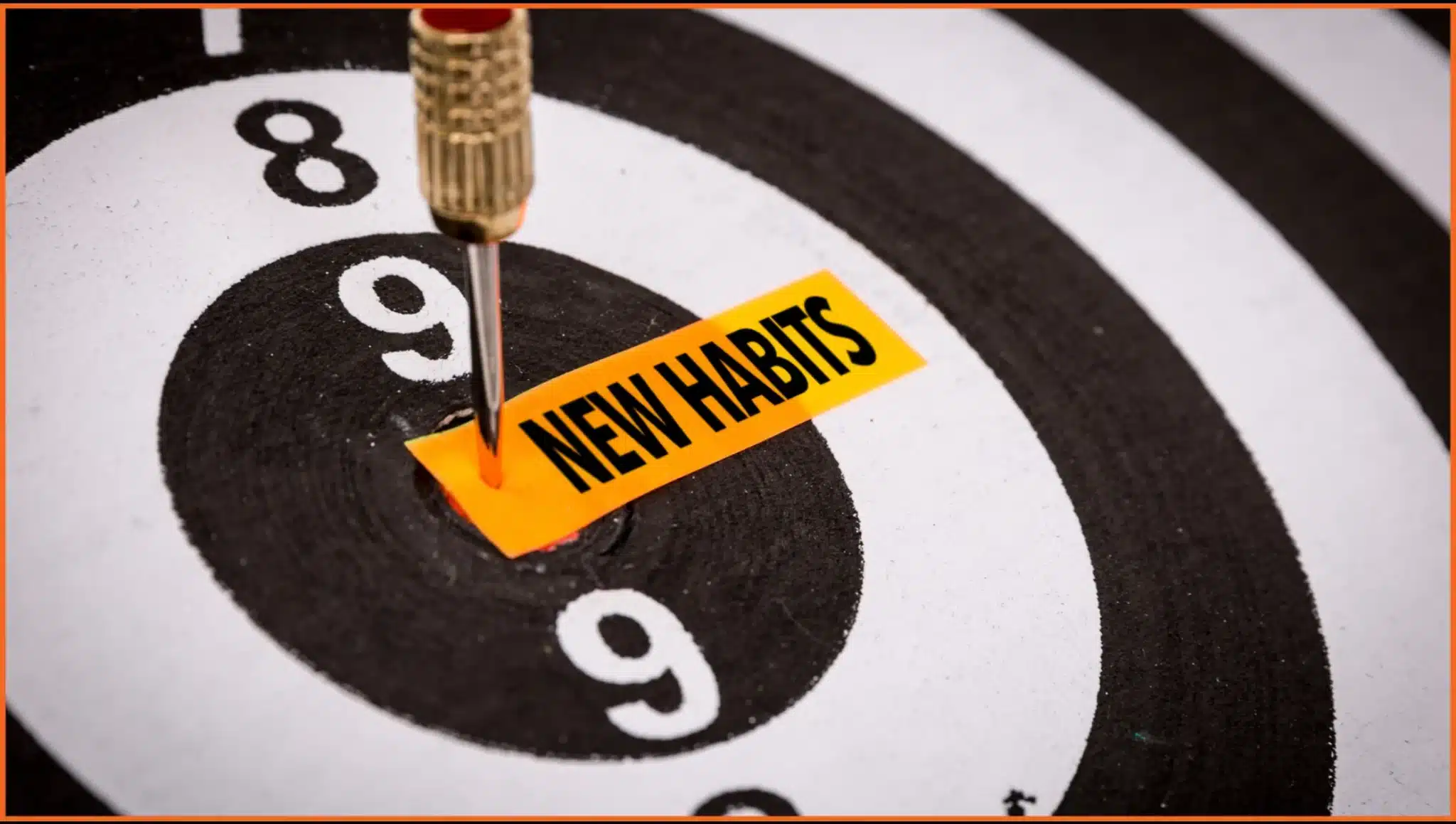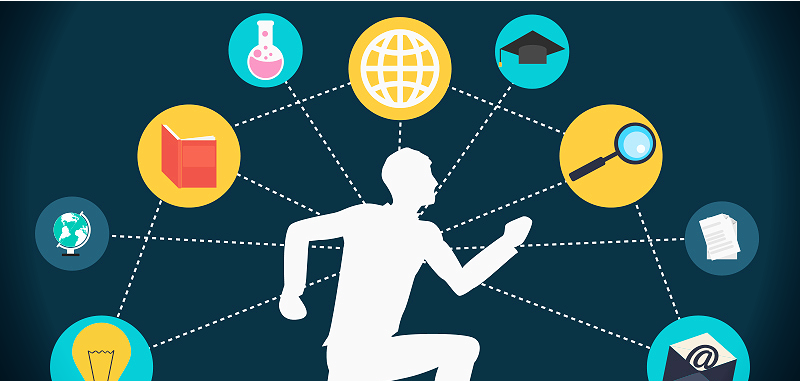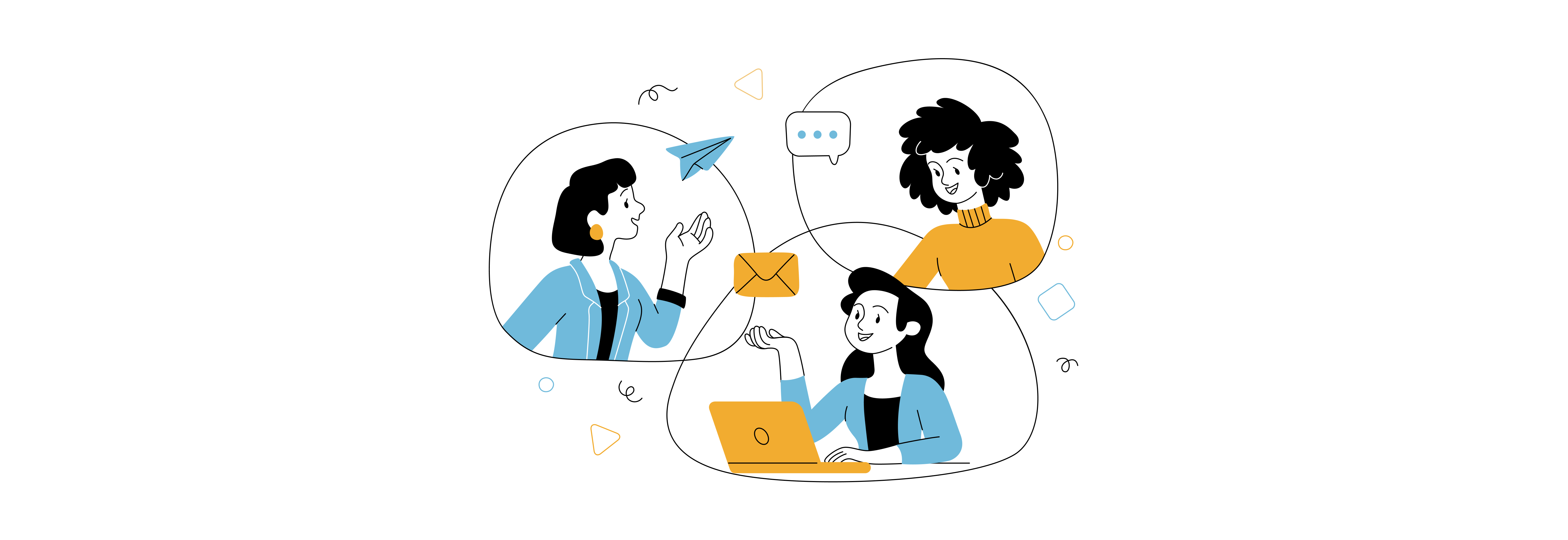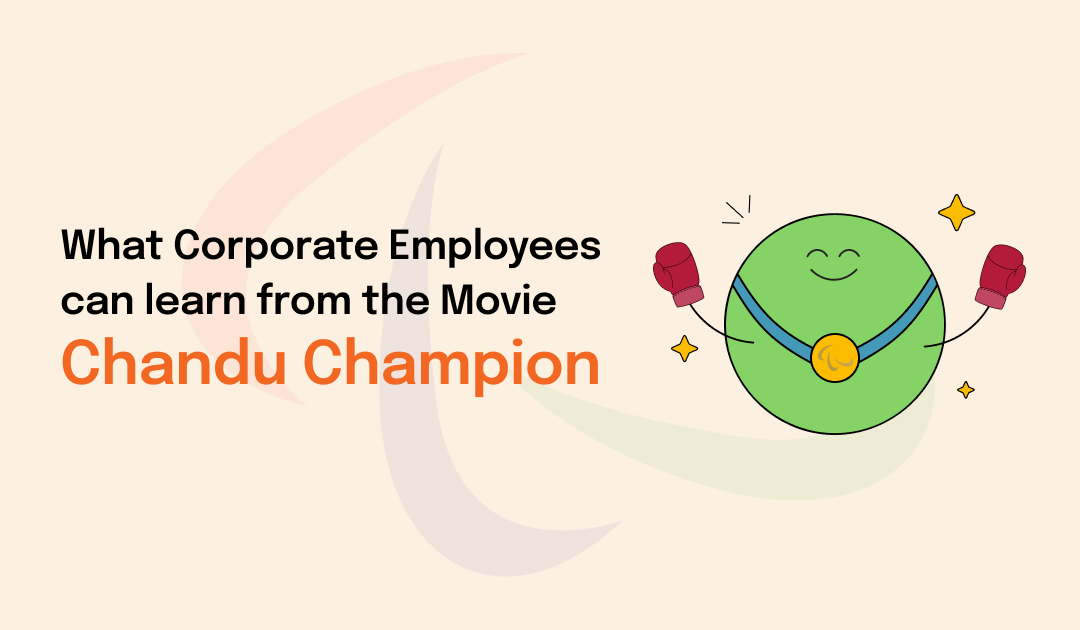Reflections on Work, Life, and the Future of Learning & Development
“When did the future switch from being a promise to a threat?”
— Chuck Palahniuk
The coronavirus pandemic was one of the most defining events of our generation. It disrupted lives, upended workplaces, and rewrote the rules of how we live and work. From quiet streets and remote offices to video calls replacing in-person conversations, everything changed overnight.
But with disruption came reflection. The crisis revealed many truths that had long gone unnoticed. It brought clarity in chaos, stillness in routine, and meaning in the mundane. While it shook us to our core, it also gave us lessons that we carry forward into our personal lives and professional landscapes.
Here are 12 powerful lessons that I learned during the pandemic, and how they continue to shape our approach to corporate learning and development.
1. Humility is a Superpower
Table of Contents
One tiny virus stopped the entire world in its tracks. It reminded us that no matter how advanced or powerful we think we are, we are never truly in control. Even the strongest economies and most advanced systems were vulnerable.
This taught me that humility is no longer optional. It is the foundation of strong leadership. Leaders who admitted they didn’t have all the answers were often the ones who earned the most trust. As professionals in L&D and HR, this should remind us that fostering humility within teams and leaders is critical for long-term resilience.
2. Nature is Not to Be Taken Lightly

Despite all our scientific and technological progress, nature still has the upper hand. While we were indoors, nature seemed to breathe again. Skies cleared up, animals returned to spaces once crowded with people, and many of us reconnected with the outdoors.
It made me realize how important it is to build sustainability into our everyday lives and into our workplaces. Environmental responsibility is no longer just a compliance matter. It is a leadership mindset that needs to be nurtured through education and behavioral change.
3. Frugality Can Be Freeing
When the world slowed down, so did our spending habits. Without malls, restaurants, and frequent travel, we discovered how little we actually needed. Simple meals, home workouts, and mindful purchases became the norm.
This change affected how employees think about rewards and incentives. Flashy perks may no longer carry the same weight. Instead, people now value purpose, flexibility, and peace of mind. Learning programs that focus on values, mindfulness, and financial awareness can help align personal choices with professional priorities.
4. Flexibility is a Key Driver of Engagement
Whether we liked it or not, the pandemic forced us to unlearn many old routines. People who were used to socializing, shopping, or working in certain ways had to quickly adapt. Even the most habitual among us were nudged into change.
This opened up a conversation about flexible work arrangements. Remote work, hybrid schedules, and asynchronous communication are now part of the professional vocabulary. For learning professionals, this means we must design programs that are accessible anytime and fit into varying schedules and learning styles.
5. Health is the Real Wealth
The fear of illness brought health and well-being to the forefront. Suddenly, mental health conversations became mainstream. Organizations started offering wellness resources, encouraging time off, and promoting physical activity.
This shift showed that well-being is not separate from performance. It is at the heart of it. A burnt-out employee cannot innovate, collaborate, or lead effectively. Our training programs must include modules on stress management, resilience, mental fitness, and self-care strategies.
6. Freedom is Easier to Appreciate in Its Absence
Being stuck indoors made us long for the little freedoms we once took for granted. Walking in the park, attending a wedding, or even working from a café became things we deeply missed.
At work, this translated into a renewed appreciation for autonomy. People want to feel trusted and empowered. They do not want to be monitored at every turn. L&D programs must equip managers with the skills to lead with trust and allow space for creativity and independence.
7. Adaptability is the Ultimate Advantage
In times of uncertainty, adaptability became the skill that separated those who coped well from those who struggled. People who learned new technologies, embraced new roles, or changed career paths found a way to move forward.
Adaptability is no longer a soft skill. It is an essential workplace competency. It needs to be developed through intentional learning experiences, simulation-based learning, and exposure to real-world problem solving.
8. Connectivity is as Essential as Electricity
If the internet ever went down during lockdown, it felt like everything came to a halt. Meetings, groceries, schooling, entertainment, even medical consultations depended on digital connectivity.
This has reshaped how organizations think about digital infrastructure and inclusion. For L&D, it means building content that is digitally accessible, mobile-friendly, and inclusive of learners with varying digital literacy levels. We must also be mindful of those who are digitally disadvantaged and find ways to close that gap.
9. We Learned to Be Human Again
When the pace of life slowed, many of us found time for long-overdue conversations, hobbies, and inner reflection. Homes became places of connection, not just transit points between work and sleep.
At work, this prompted a shift toward empathy and emotional intelligence. Managers started checking in more personally. Teams celebrated small wins. Workplaces became more human.
L&D leaders must ensure that this momentum continues. Empathy, compassion, and vulnerability are powerful forces that can be nurtured through storytelling, coaching, and immersive learning.
10. We Are All Interdependent

In organizations, this interdependence plays out in how departments collaborate and how knowledge flows. Success depends not just on individual excellence but on collective synergy. Learning initiatives that promote cross-functional collaboration, systems thinking, and team-based projects will help organizations become more resilient and responsive.
11. Everyday Heroes Walk Among Us
Doctors, nurses, delivery personnel, sanitation workers, and countless others stepped up selflessly when the world needed them most. Their stories were humbling and inspiring.
Within companies too, many unsung heroes went above and beyond handling IT issues, supporting remote onboarding, or just offering a listening ear to a struggling colleague. Recognition is no longer about awards and ceremonies. It is about everyday appreciation.
Organizations can embed this mindset through peer recognition systems, gratitude-based rituals, and values-based leadership training.
12. Being Prepared is Better Than Being Reactive
The early months of the pandemic felt chaotic because few organizations had emergency response plans. Communication was inconsistent, decision-making was slow, and support structures were missing.
Those who had invested in risk planning, scenario analysis, and contingency frameworks responded more confidently. For L&D, this underscores the importance of training for the unexpected. Crisis simulations, rapid response protocols, and agile leadership workshops should become part of every organization’s learning strategy.
Final Thoughts: The Role of Learning in a Post-Pandemic World
The pandemic did not just change how we live and work. It changed how we learn, what we value, and how we define success.
As someone deeply involved in corporate learning, I believe the greatest takeaway is this: learning is not just a function. It is a lifeline. It enables individuals to adapt, organizations to pivot, and cultures to evolve.
We cannot afford to forget these lessons. As we move ahead, let us keep these truths close. Let us build workplaces that are not just productive, but also purposeful. Let us create learning ecosystems that empower people to grow, lead, and thrive not in spite of uncertainty, but because of it.
